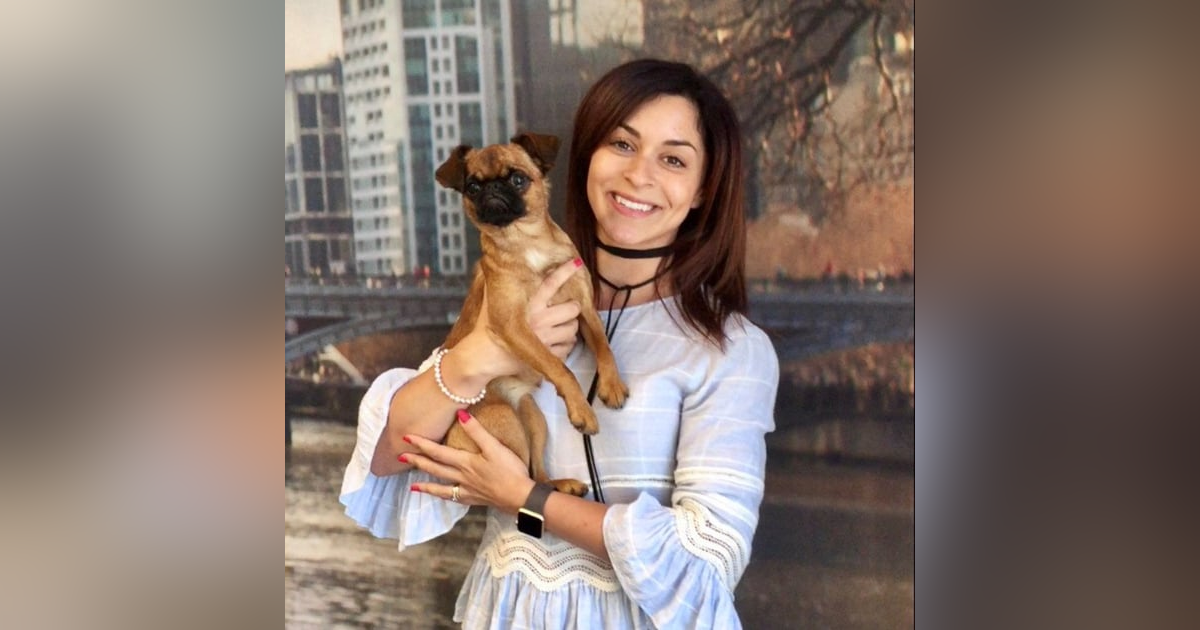#11: What is life like as a vet in industry? Dr Mina Hamilton

We’ve always known that as part of our guest list we wanted to talk to vets from outside of clinical practice to provide us with some insights about parts of the profession that neither of us knows anything about. When it came to choosing who we should interview from the world of industry, today's guest was at the top of both of our lists. Dr. Mina Hamilton is a smiling bundle of energy and enthusiasm who took her talents out of clinical practice and into life as an industry vet a few years ago when she decided to work for one of the leading pet food companies. When you watch Dr. Mina doing her thing at work you’re immediately struck by how much she makes it look like a lot of fun, which is exactly why we wanted to talk to her. We wanted to find out if it really is fun, and dig a bit into the whys, the hows, and the pros and cons. Our conversation with Mina covers a wide range of topics. We talk about how you know whether or not a job is for you, about making the decision to stay or go in your job, and how to approach leaving when it is time to move on. Mina tells us what she loves about life as a technical vet, about the skills she’s learned in her role, about how to break bad habits, why holidays are so important, and much much more






